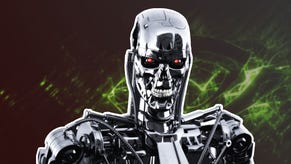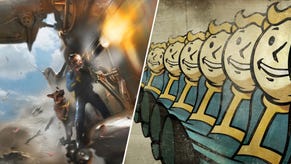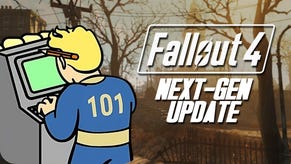Fantasy 7 Rebirth proves that most other remakes are pointless
Yes, even your favourite one.
In general, I'm not really a big fan of remakes, with the main reason being that a lot of games that get the remake treatment were always good. I'm always going to be in favour of ports above all else, or maybe a remaster as long as they don't change too much, because it's so difficult to play so many older games now. Final Fantasy 7 Remake, though… that one threw a spanner in the works. Remake by name, but not quite in practice, it's a game that's more a reimagining of the original seminal title.
For the most part it follows the same beats as the opening section in Midgar, just stretched from two or three hours to about 30. To me, it felt like a great and ambitious way to start the Remake project, but now that Rebirth is here, my ideas of what ambition could be have been shattered slightly. And for more reasons than just that, I think Rebirth is a good example of why most other remakes are a bit pointless.
Let's look back to The Last of Us remake, as an example. Why does it exist? Well, money is the actual answer to that question, but for the sake of this argument let's forget about capitalism for the moment, and focus on the other reasons one might remake a game. The Last of Us originally released on the PS3, a now two generations old console whose games are difficult to make backwards compatible because of its architecture. Alright, sure, there are technical reasons to remake it then, though it did receive a PS4 port so that's one knock against it. The problem is though, aesthetically it was noticeably different.
The colours weren't the same, designs were different, it was The Last of Us, but presented in a way as if to say "no, sorry, this is the game we meant to make," as if the original wasn't critically acclaimed enough. It didn't really seek to do anything better or radically different from the original, it was just a product designed to be somehow sold to you for a third time.
Rebirth, though, was somewhat forced to do things differently. How could a game from 1997, with low-polygonal protagonists, and pre-rendered, messy but beautiful backgrounds be anything but completely reworked? There's no possible way Rebirth could make, say, the Golden Saucer look exactly as it did back in the day, but the spirit of a big, exciting theme park still lives on.
Further than that though, as established in Remake, and continued with Rebirth, the eventual trilogy of games is questioning what it means to remake a game, especially one that is easily one of the most iconic titles ever made. That fateful scene with Aerith is the Darth Vader twist of video game spoilers, and its developers know you know this, and are playing upon that fact.
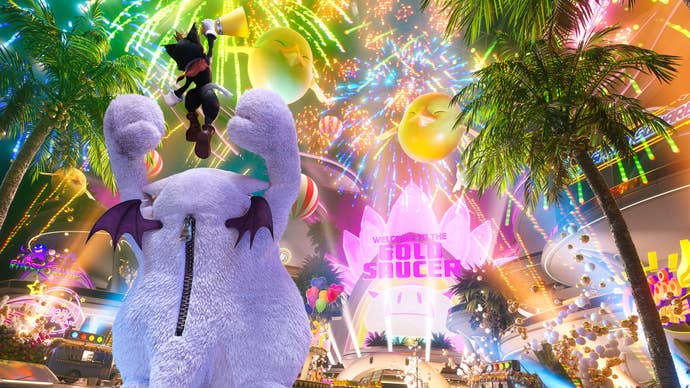
Rebirth doesn't want to just retread ground with rose-tinted goggles, what would be the point? It wants to confront you with the knowledge that things are different now, leaving you to decide how you feel about that fact. Not every remake has to do that, of course, but it should be putting thought into why it exists outside of just capitalising on a pre-existing IP for the sake of pleasing shareholders.
It could be small things, like how the Crash Bandicoot remakes included levels that never made it into the final games, or the Link's Awakening remake which justifies its existence with one of the best aesthetics in any game ever (that little toy-like Link is just so dang cute).
Whether either of those two games were successful in earning the right to exist, I'm not 100% convinced, as again, ports would work just as well, but at least they tried something. Remakes of titles like The Last of Us, Demon's Souls, and Shadow of the Colossus, though, just don't really need to have been made, as they all failed to understand why their respective aesthetics were so important to how their stories were told.
Rebirth is big and bold, which comes with its own issues, but that bravery to do something different really does highlight that most other remakes just feel pointless. And to be clear here, I'm fine with them existing, as long as the originals are readily available too - the recently released Tomb Raider Remastered, which feels like half a remake, honestly is a great example of this. All I ask is that when it comes to the question of why remake a game, when you put the answer of "money" down, that you think about what the best answer could be. Also, no other remakes have put Cloud Strife in just swimming trunks, but that one's pretty hard to do.
.png?width=690&quality=80&format=jpg&auto=webp)
.jpg?width=70&height=70&fit=crop&quality=60&format=png&auto=webp)

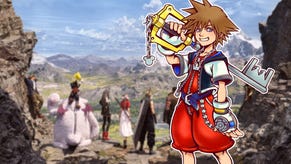
.jpg?width=291&height=164&fit=crop&quality=80&format=jpg&auto=webp)

.jpg?width=291&height=164&fit=crop&quality=80&format=jpg&auto=webp)





